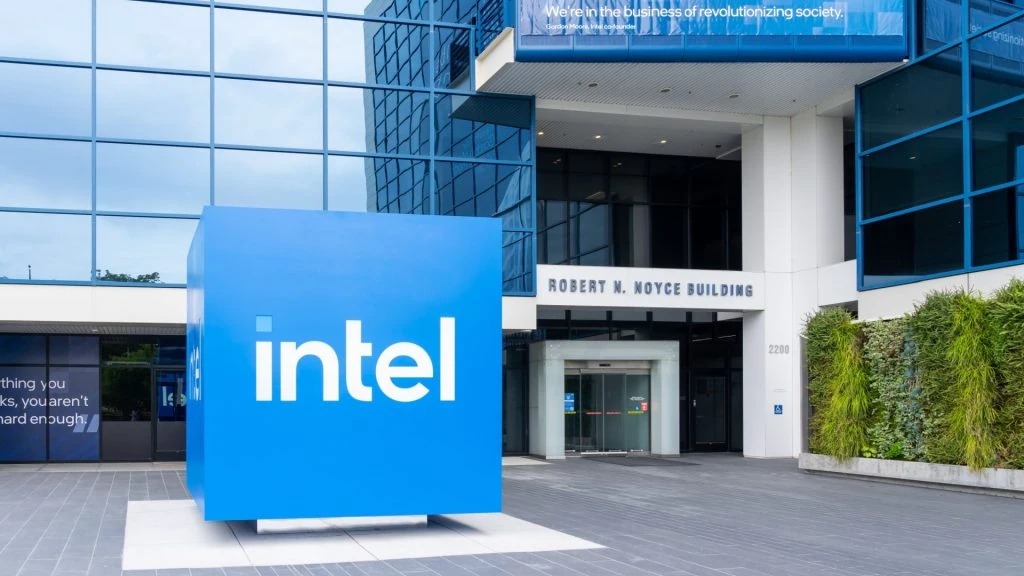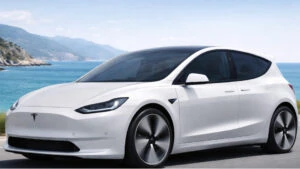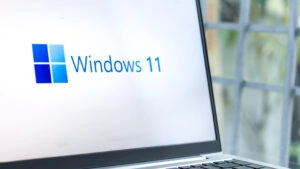Intel has officially announced the end of its planned chip factory in Magdeburg. The US company is thus burying one of the most ambitious industrial projects in Germany in recent years. Originally around 3,000 new jobs were to be created in Saxony-Anhalt, but the semiconductor giant is pulling the ripcord in the face of weak market demand and internal restructuring.
The end for Magdeburg does not come as a complete surprise. The ground-breaking ceremony was originally planned for 2024. However, the project was put on hold in the fall of 2023 – officially “for two years”. Insiders suspected a complete end even then, but now it is a certainty.
3,000 jobs were planned in Magdeburg
The ground-breaking ceremony in Saxony-Anhalt was once scheduled for 2024. Around 3,000 jobs were to be created. The investment was estimated at around 30 billion euros.
The plant in Germany was part of an ambitious plan by the previous boss, Pat Gelsinger, to lead Intel out of the crisis. He also wanted to establish the semiconductor pioneer as a contract manufacturer for other chip companies. The new factories were to be built in order to offer potential customers sufficient capacity.
Gelsinger was also counting on the USA and Europe wanting to bring more chip production from Asia to the West – and spending a lot of money to do so. Intel offered itself to them as a trustworthy partner.
Failed with a flight forward
It was a bold – and expensive – plan that ended up going against the wall. Delays in new production processes and doubts from potential customers meant that Gelsinger had little time to turn things around. And even though the German government promised state aid of 9.9 billion euros for the Magdeburg site in 2023, Intel would have had to raise twice as much. However, the money became scarcer due to ongoing losses. Gelsinger had to leave at the end of 2024.
His successor is harshly critical of the growth strategy of recent years. The factory investments were “unwise and excessive”, criticized Lip-Bu Tan after the presentation of the latest quarterly figures. And the planned capacities had far exceeded demand. Now Intel even wants to slow down the pace of construction work at the plant in the US state of Ohio in its home market.
Deep red figures
Lip-Bu Tan spoke of a “solid” last quarter. However, turnover stagnated year-on-year at 12.9 billion dollars (10.98 billion euros). The bottom line was a loss of 2.9 billion dollars after a loss of 1.6 billion dollars a year earlier.
Intel emphasizes that business has been additionally boosted in recent months by concerns about US President Donald Trump’s trade policy. Some customers stockpiled chips for fear of new tariffs. This effect is now subsiding.
The number of employees is set to fall to around 75,000 by the end of the year. In an e-mail to the workforce, Lip-Bu Tan spoke of a reduction of around 15 percent. However, the number of Intel employees had already fallen to just under 109,000 at the end of last year from a good 124,000 at the end of September.
Another sign of Intel’s crisis: the company admits that it could drop the development of its modern 14A processor technology if there are not enough customers for it. Analyst Matt Bryson from Wedbush Securities sees a problem in such an attitude. Intel shares fell by more than four percent in US after-hours trading.
Problems for years
Intel once dominated the chip industry, but then fell behind. A decisive moment was the lost battle for space in smartphones. Intel hoped to transfer its strength in the PC business to mobile devices – but more energy-efficient processors prevailed in computer cell phones. Smartphone chips therefore do not come from Intel, but from competitors such as Qualcomm or TSMC. And when it comes to chip systems for artificial intelligence, Nvidia leads by a wide margin.
(Andrei Sokolov, dpa)
















